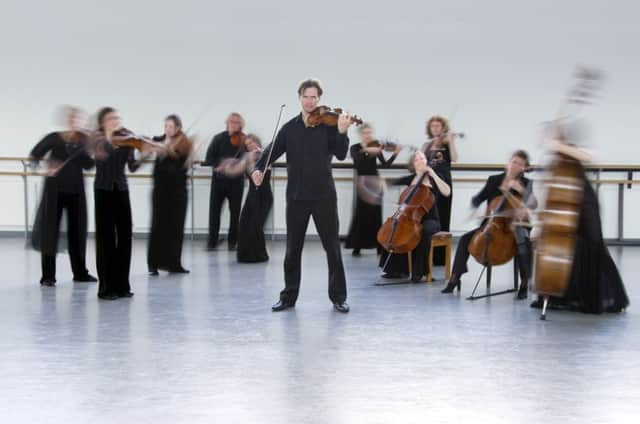Classical review: Scottish Ensemble, Glasgow


Scottish Ensemble
City Halls, Glasgow
****
Add a saxophone to the mix, as the all-string Scottish Ensemble did with Australian soloist Amy Dickson in this tuneful programme, and the warming effect is magnified.
It was a combination, too, that threw up some intriguing music, not least Glazunov’s mellifluous and lyrical Saxophone Concerto in E flat, which – written in Paris, where the composer encountered the instrument through the city’s military band – avoids stereotyping the sax as a jazz instrument, allowing Glazunov, in the 1930s, to vent the full powers of his late Romantic prowess.
Advertisement
Hide AdDickson’s playing was smooth as silk and she was a charmer of a protagonist in her cosy conversation with the strings. A slightly expanded Scottish Ensemble, led by director Jonathan Morton, gave savoury support, energising where necessary, but for the most part luscious and resonant.
The other saxophone piece came from contemporary Georgian composer Giya Kancheli, a new voice to me, and one that clearly takes its inspiration from the likes of Pärt and the other mystically driven former Eastern Bloc minimalists. There is, in Night Prayers, a uniqueness of style – a melodic assertion that liberates the soloist from the underlying harmonic carpet. But the work itself overstays its welcome.
The remainder of the programme witnessed the Ensemble in palpably comfortable territory, Barshai’s string orchestra arrangement of Shostakovich’s trenchant Eighth Quartet, and Tchaikovsky’s rosy Serenade for Strings.
Seen on 24.02.15